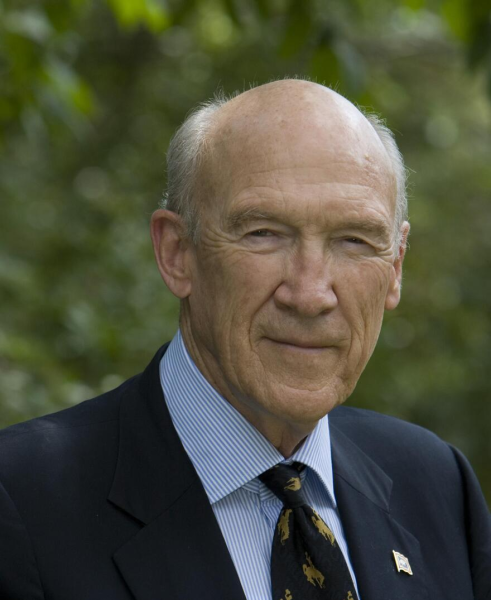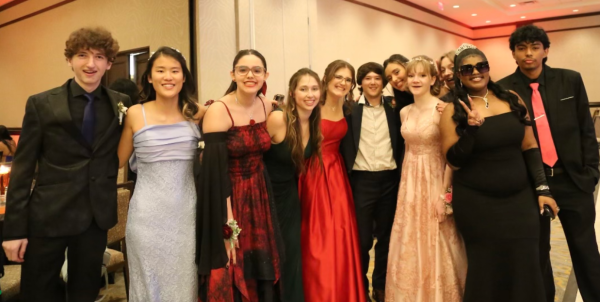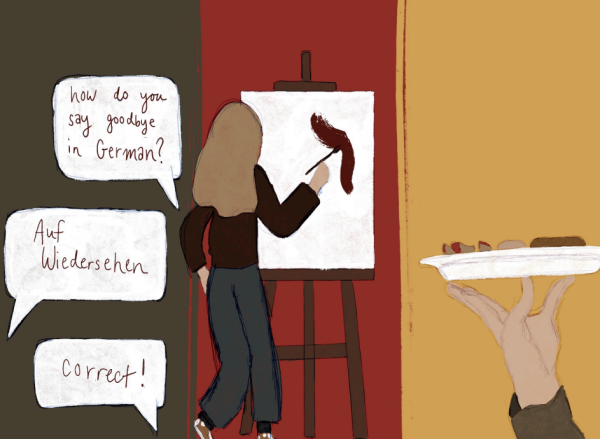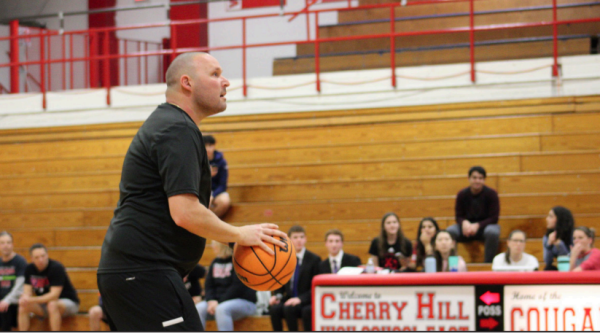East students feel effects of daylight savings
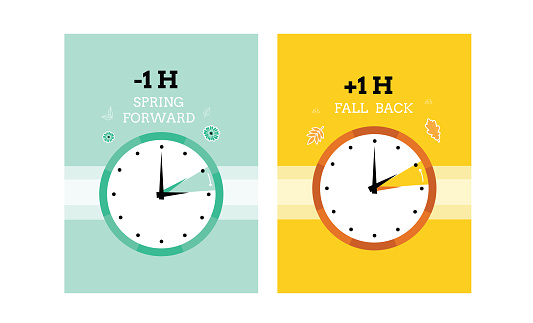
Students adjust to daylight savings time changes.
On November 7, the citizens of the United States (except for Arizona and Hawaii) set their clocks an hour back. We have been doing the ritual of daylight savings in the United States since 1918, and its effects can be felt across the country. Most relevant to us, daylight savings has an effect on the students of the East. For some students, the impact of daylight savings is positive, while others find the impact of daylight savings to be negative.
Some students, however, feel no impact at all. According to Tyler Chen, a Freshman at East, daylight savings is negative because “It makes [his] sleep schedule worse.” This is unfortunately a major problem for students during daylight savings time. The changing of time stops routines that have been months in the making. It can be difficult to adjust to the new time schedule.
For other students, Daylight savings time can leave a positive impact. Many East Students I spoke with felt that this would increase the amount of time they had for their hobbies. The darker sky will keep them inside longer, giving them time to do more homework and the hobbies they enjoy.
However, the sky darkening has its negatives for East students. According to Mayo Clinic, “Seasonal affective disorder (SAD) is a type of depression that’s related to changes in seasons.” This is a very common phenomenon, with over 3 million cases being reported each year. While this happens to people as the sky brightens, far more often than not, it is when the sky darkens that causes the problem. East students are not immune to the effects of this, and if you or someone you know is experiencing SAD, it is treatable.
The other major issue with the sky darkening is that going home will become more difficult. When it starts to get dark quicker, there is more of a chance that if you go home on a late bus, it will be dark. This can affect the time you get home since bus drivers and all people tend to slow down in darker skies. Walking or driving home could also be challenging if you go home at 4:15 or play a sport.
It gets harder to see, and it is more dangerous in darkness, which is a major issue if you are trying to get home. Even with all this information, it is important to note that for most students this will have little to no effect on their lives, beyond a few days.
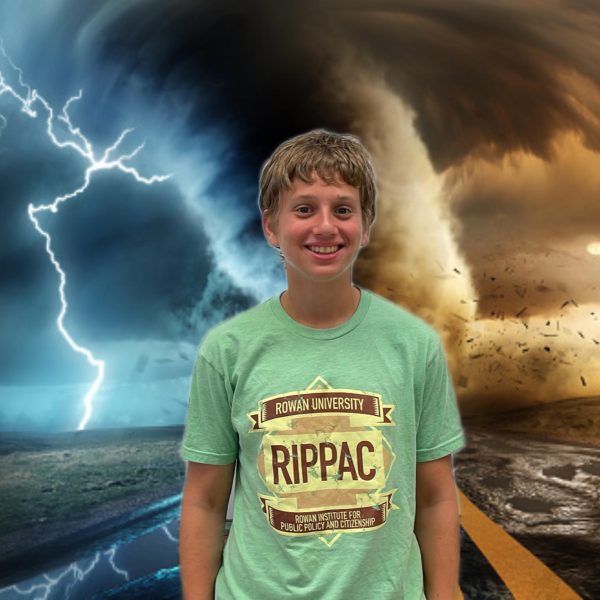
Daniel is a junior at Cherry Hill High School East. He is arguably the best Eastside Print Opinions to have ever existed. He is involved in running, BBYO...




